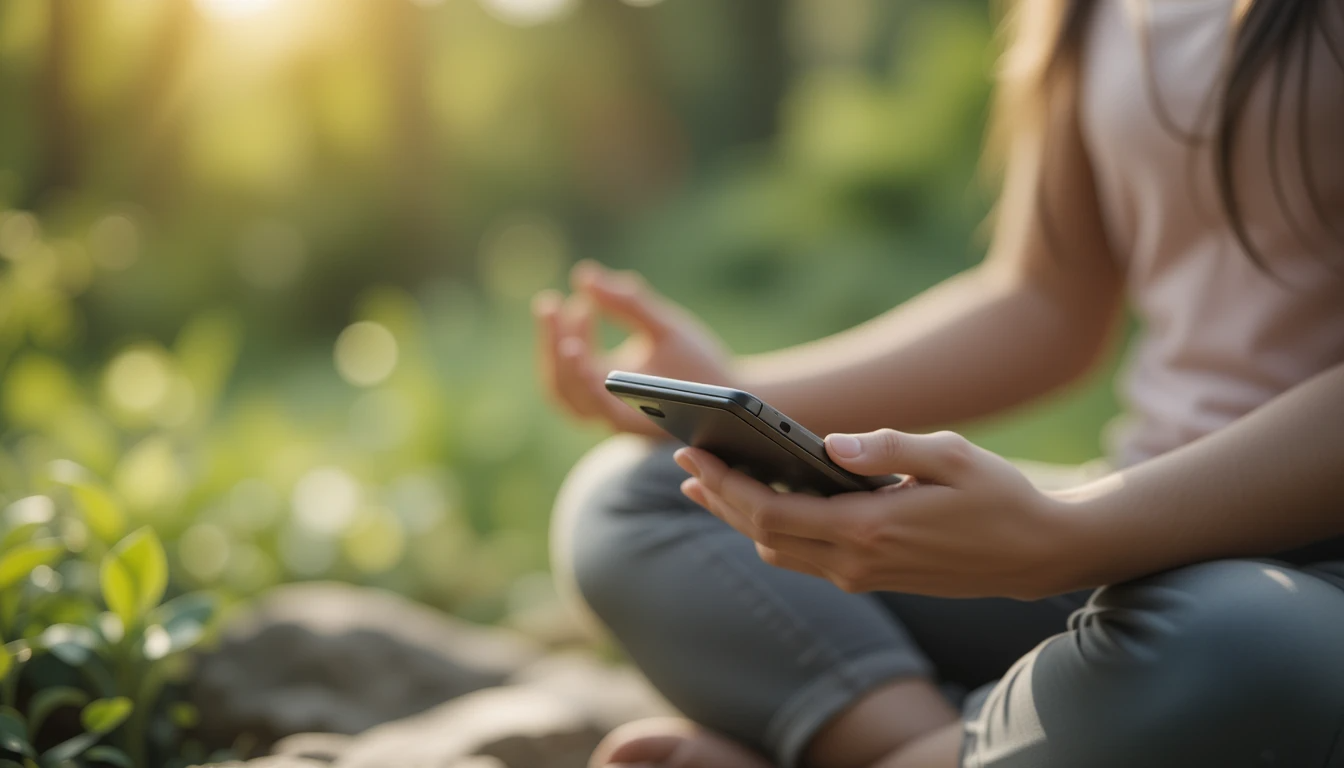Ever feel like your brain is always “on”? You’re not alone. In today’s world, it’s hard to step away from screens — even when we know we need to. That’s why digital wellness matters more than ever in 2025.
In 2025, staying connected has never been easier — but it’s also never been harder to disconnect. With smartphones, smartwatches, and constant notifications, our mental space is more crowded than ever before.
That’s where digital wellness comes in — the mindful use of technology to support, not sabotage, your mental health.
📱 The Problem: Too Much Screen Time
According to studies from the American Psychological Association, excessive screen time can lead to:
- Increased anxiety and depression
- Poor sleep quality
- Reduced attention span
- Digital fatigue and burnout
In fact, the average adult now spends over 7 hours a day looking at a screen. This overload affects not just the mind, but the body too — from eye strain to posture problems.
🌿 The Solution: Smart Habits for Digital Balance
Here are some simple but powerful steps to protect your well-being:
🕒 1. Set Screen Time Limits
Use your phone’s built-in tools (like Focus Mode or Screen Time) to set boundaries — especially during meals, before bed, or during work.
📴 2. Practice Digital Detox Hours
Try tech-free windows, like the first hour after waking up or the last hour before sleep. These breaks can improve clarity, reduce stress, and reconnect you with your real environment.
🧘 3. Prioritize Real-Life Interactions
Meaningful in-person connections are proven to reduce anxiety and increase happiness. Don’t let notifications replace real conversations.
🔔 4. Turn Off Non-Essential Notifications
Ask yourself: do I really need to be notified every time an app updates? Disabling alerts from non-essential apps can reduce mental clutter.
🧘♀️ How Apps Can Help, Too
Ironically, some apps can also support digital wellness:
- Headspace and Calm for mindfulness
- Forest for focused work sessions
- Daylio for mood tracking
The key is to use these tools intentionally — not compulsively.
💡 Final Thought: Digital Life Is Still Real Life
Digital wellness isn’t about throwing away your devices — it’s about using them in a way that supports your health. By being mindful, setting boundaries, and embracing moments of stillness, you can thrive both online and offline.
Remember: Your attention is your most valuable resource. Use it wisely.
